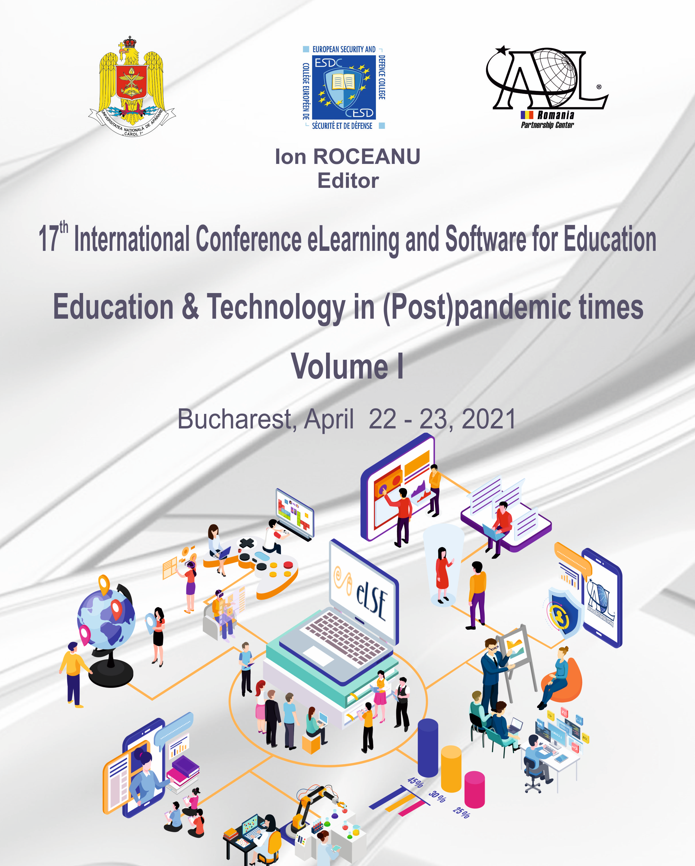THE ECOLOGICAL SYSTEMS THEORY OF HUMAN DEVELOPMENT TO EXPLORE THE STUDENT-SOCIAL MEDIA INTERACTION
THE ECOLOGICAL SYSTEMS THEORY OF HUMAN DEVELOPMENT TO EXPLORE THE STUDENT-SOCIAL MEDIA INTERACTION
Author(s): Giovanni Fulantelli, Davide Taibi, Lidia ScifoSubject(s): Media studies, School education, Developmental Psychology, Health and medicine and law, Human Ecology, ICT Information and Communications Technologies
Published by: Carol I National Defence University Publishing House
Keywords: social media; social networks; ecological systems theory; human development; adolescents;
Summary/Abstract: According to the Bronfenbrenner's ecological systems theory of human development, the development of each individual cannot be observed without considering its relationship with the development of other people and, above all, with the environment in which they live. The ecological orientation of Bronfenbrenner with respect to human development is therefore based on the interest in the progressive adaptation between an active organism that grows and its immediate environment: the individual-environment interaction that is determined by the relationships existing between the different environmental situations and the individuals present in that context is fundamental. Consequently, the ecological environment that is considered relevant to development processes is not limited to a single environmental situation but includes the interconnections between multiple environmental situations and the different influences of each individual. The evolution of the Internet-based technologies has brought to the development of solutions that have profoundly changed the way we live, including education. The advent of social media and social networks represents a milestone in the history of Internet, opening up to profound reflections on the "virtualization" of relationships, their growing importance in everyday life, and their role in education. Many authors argue that the Internet and the social media should no longer be considered as a tool to connect to a virtual reality that is separate from the real world, but as a place in which users live daily; consequently, they constitute one of the environmental situations mentioned by Bronfenbrenner. However, the risks deriving from the use of social media have been widely discusses in the literature. Adolescents are more exposed to the social media threats, since they are unable to perceive the profoundly different dynamics that govern offline and online networks. In this paper, having in mind the Bronfenbrenner's ecological systems theory of human development, we argue that the progressive adaptation of students to social media should be considered as a process of their growth and development. Furthermore, we analyze some corrections to be introduced in the educational paths of adolescents necessary to reduce the threats deriving from the use of social media and social networks in education.
Journal: Conference proceedings of »eLearning and Software for Education« (eLSE)
- Issue Year: 17/2021
- Issue No: 01
- Page Range: 147-156
- Page Count: 10
- Language: English

